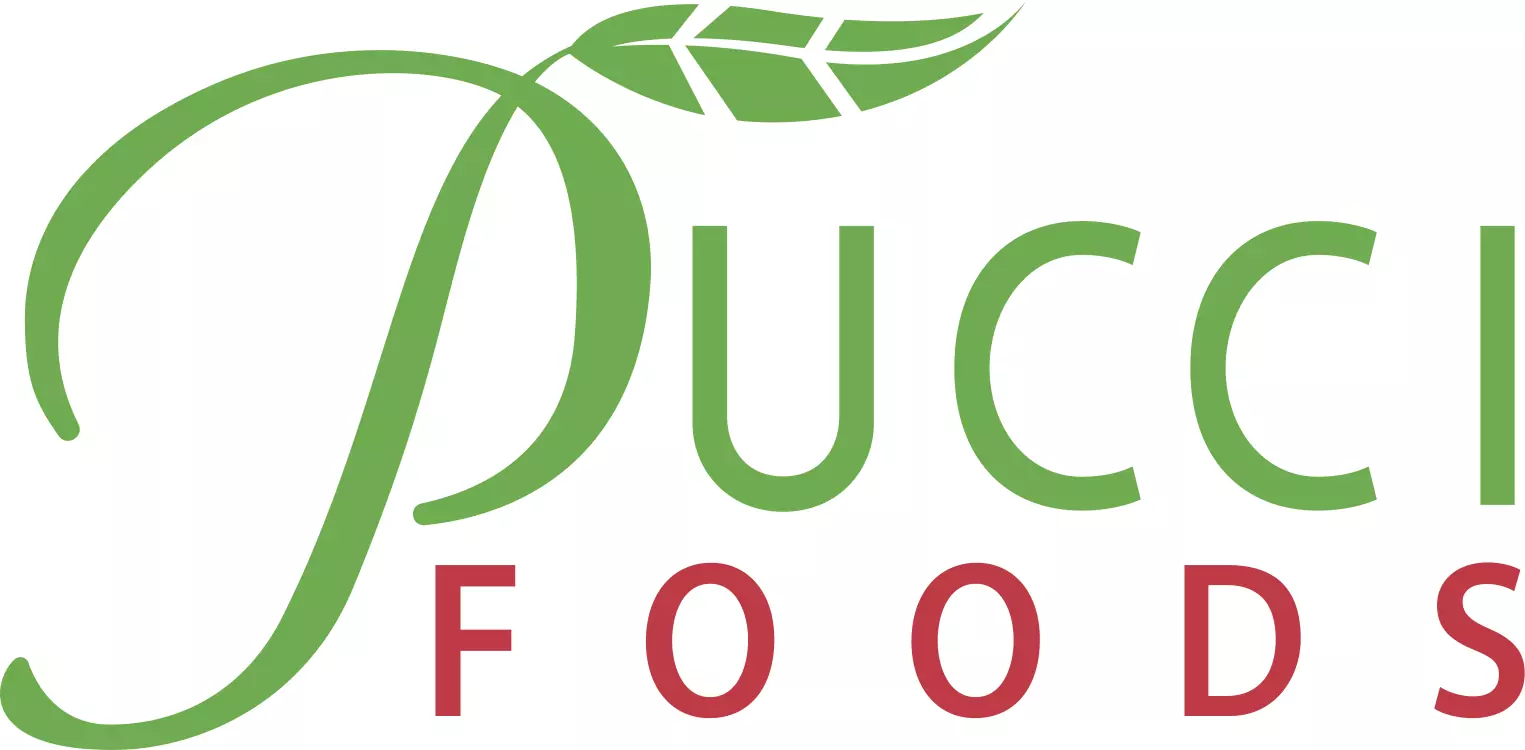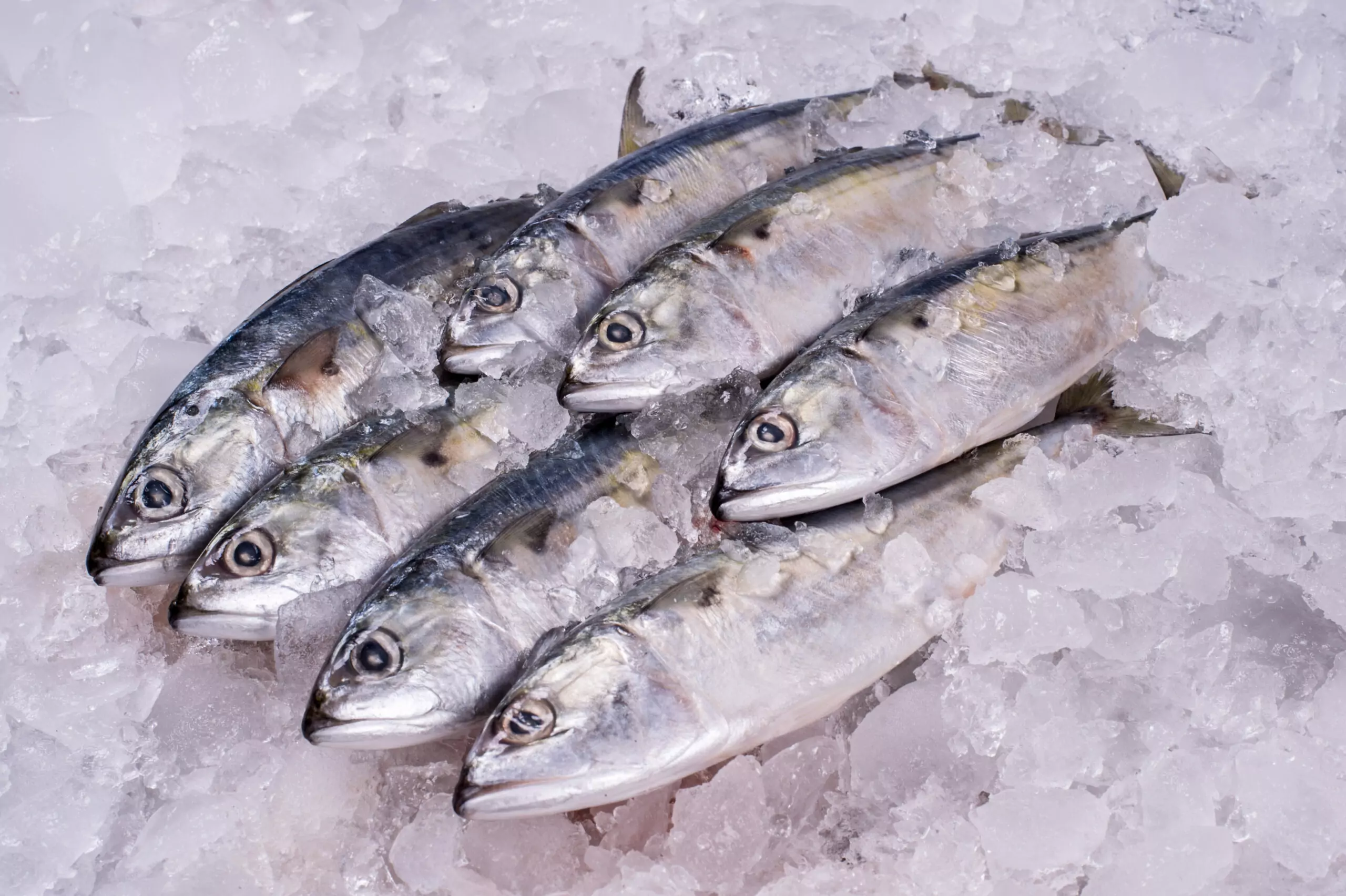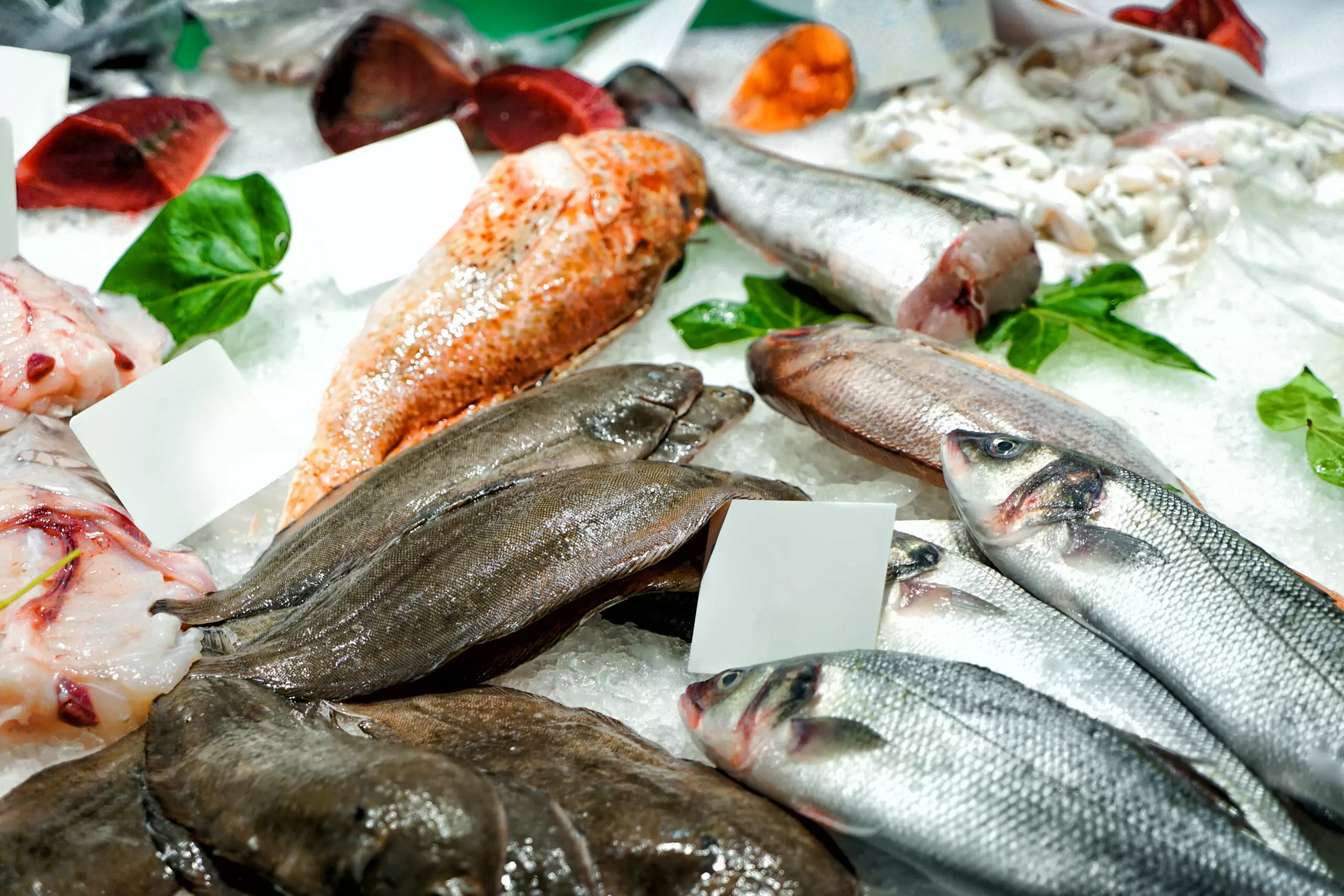Tobacco is earning a new status as a beneficial resource. There is a new and improved use for this product emerging, one that might even be labeled by some as healthy. Aquaculturists in the Philippines have discovered that tobacco is an excellent organic and degradable pesticide and fertilizer for their grow-out fish ponds. Tobacco dust has the potential to craft sustainable fisheries and improve the economic situation for fish and tobacco farmers worldwide.
A need for a solution
The process of farming fish often requires ponds or pens that act as “grow-out” areas for young fingerling fish. These ponds can be plagued with problems:
-
Predators will feed on the unsuspecting young fish and eggs, costing aquaculturists thousands in lost product
-
Competition arises between fingerlings and predators for space, food, and oxygen in the ponds
-
The use of chemical pesticides to rid ponds of pesky snails has been known to taint farmed fish, creating a whole new arena of health concerns for seafood consumers
- Due to a lack of a natural food source, commercial feeds are used. These sometimes don’t meet the proper nutritional needs of the fingerlings, resulting in fish that lacks flavor.
Milkfish and tilapia exports used to be among the country’s top earning products. Then they were banned in the U.S. and Europe after the fish meat was found to contain chemical pesticide residues. The fish farming industry was hard hit and a scramble ensued to find an effective alternative for the harmful chemicals. And they found it – in the form of tobacco.
Tobacco to the rescue
Tobacco has the power to solve this problem. When applied to a dry pond for a few days, tobacco dust acts as a pesticide, killing snails and other predators with no harmful side effects. The mortality rate of fingerlings decreased from 20% to 5%, saving fish farmers upwards of P20,000 ($500) on production cost per hectare per grow-out cycle.
Tobacco is also an amazing fertilizer for the growth of natural fish food. Tobacco dust facilitates the growth of “lablab”, an algae that grows naturally on the bottom of shallow ponds that fish love to eat. Not only do the fish get access to plenty of their favorite natural food, but the farmers don’t have to buy commercial feeds. The resulting fish product has a marked increase in flavor, an essential plus for the customer.
The product “Tobacco Dust Plus” (TDP) was only just launched in 2012 by the National Tobacco Administration, but there is already much hope that it will revitalize the fish farming industry in the Philippines. It has a great potential for use with many other farmed species, not just milkfish and tilapia. The goal is to bring the local aquaculture industry in Manila and the rest of the Philippines back to life and re-enter the international market with competitively tasty (and safe) seafood products.
The best part – it is an organic, environmentally friendly and safe alternative to chemical pesticides that breaks down completely, leaving no residue in the fish.
The economic implications are very promising. TDP offers not only a safer alternative, but it is also cheaper. The process of making it is very simple and effective, lending to the low cost. When tobacco leaves are dried in processing plants, bits and pieces of the leaves flake off, ending up as waste on the floors. Now those bits are being swept up, pulverized, and treated to create a standard TDP product. Essentially the leftover waste is put to good use and voilà – you have an organic pesticide and fertilizer that is affordable for fish farmers.
The new product of course also benefits tobacco farmers, who have suffered losses from the government’s anti-smoking campaign. The tobacco they grow has the deadly side effect of lung cancer – but it now also has the potential to support sustainable fish farms, contribute to a healthy product for consumers, and invigorate the aquaculture industry in the Philippines. It is indeed very likely that other countries will catch onto the trend and begin looking at tobacco in a different light.
Two sides of the same coin
We are bearing witness to the transformation of an addictive, cancer-causing agent into an environmentally friendly and healthy product. Tobacco is certainly not free of its evils, but perhaps now we understand how to better utilize it for good. Though these are only the beginning stages, the future looks promising for this new tobacco product to lend to sustainable aquaculture. At Pucci Foods, we are committed to ethical and sustainable fishing practices. Contact us today to learn more.


